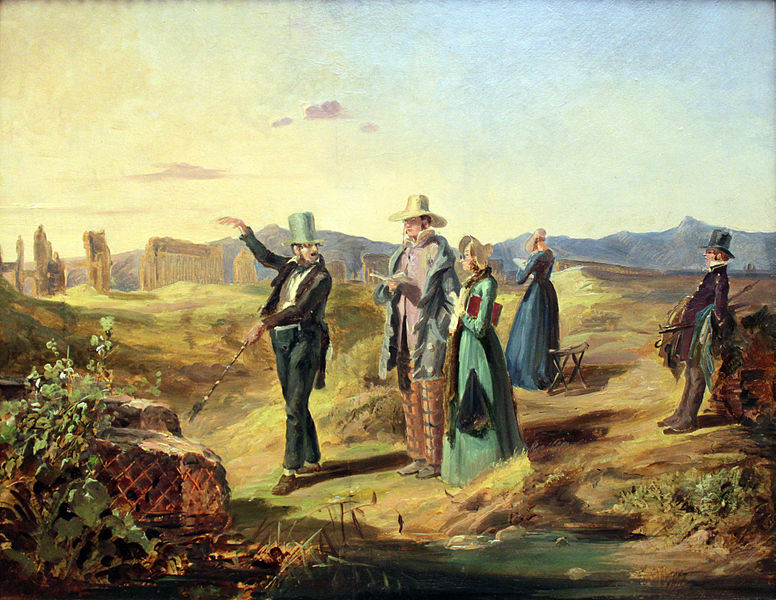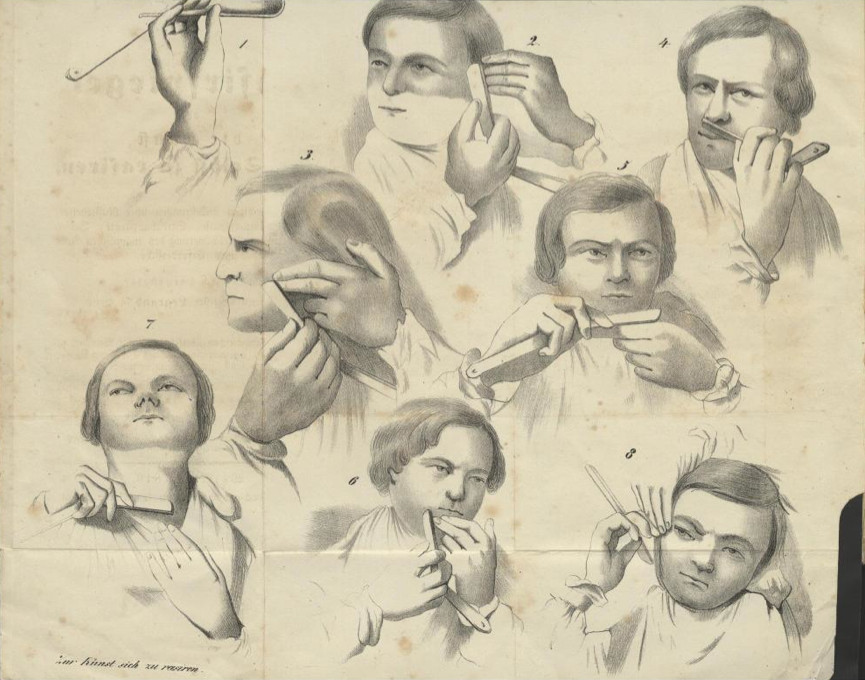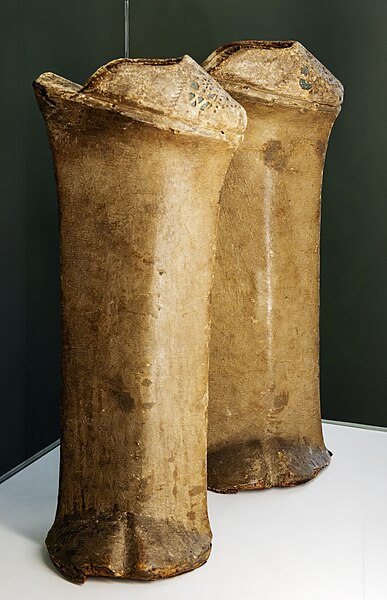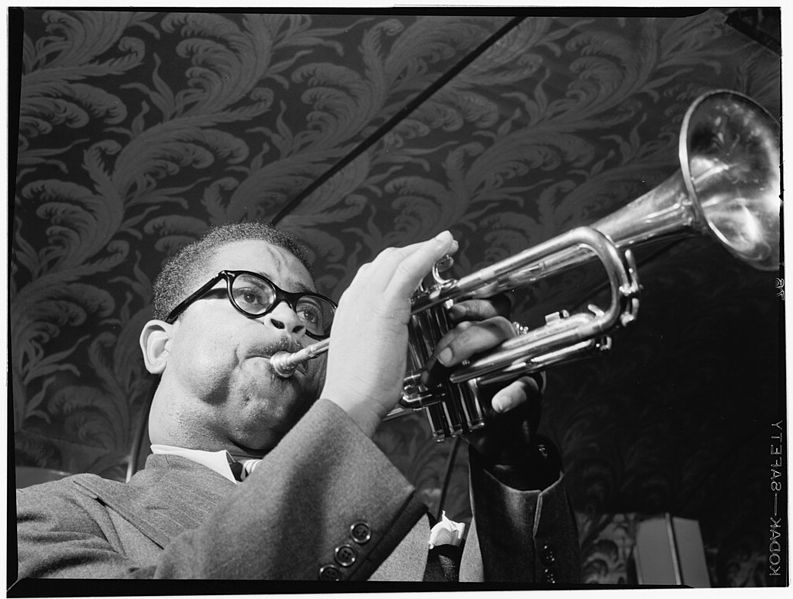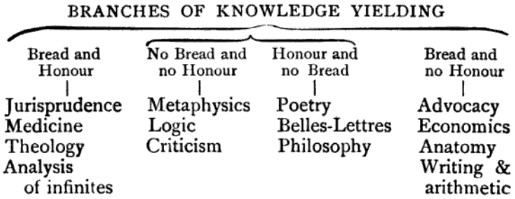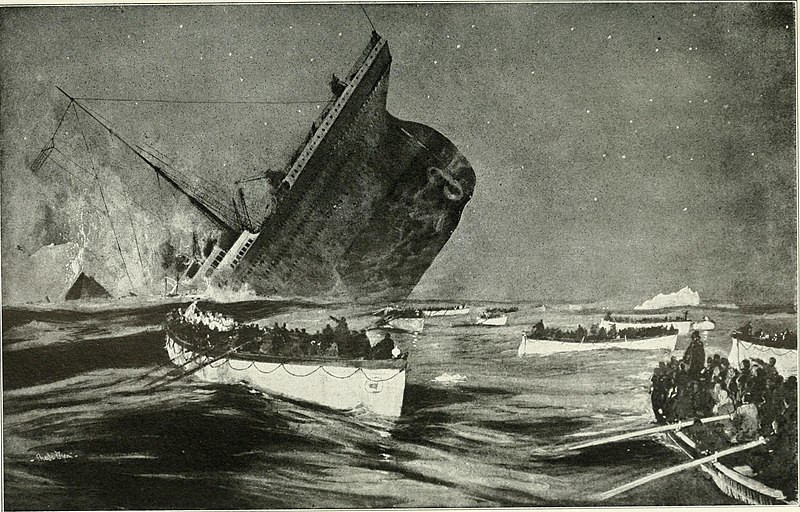calophantic
adj. pretending or making a show of excellence
velleity
n. a mere wish, unaccompanied by an effort to obtain it
fode
v. to lead on with delusive expectations
magnoperate
v. to magnify the greatness of
Roman diplomat Sidonius Apollinaris describes the hunting skill of Visigoth king Theodoric II:
If the chase is the order of the day, he joins it, but never carries his bow at his side, considering this derogatory to royal state. … He will ask you beforehand what you would like him to transfix; you choose, and he hits. If there is a miss … your vision will mostly be at fault, and not the archer’s skill.
(Quoted in Norman Davies, Vanished Kingdoms, 2012.)

